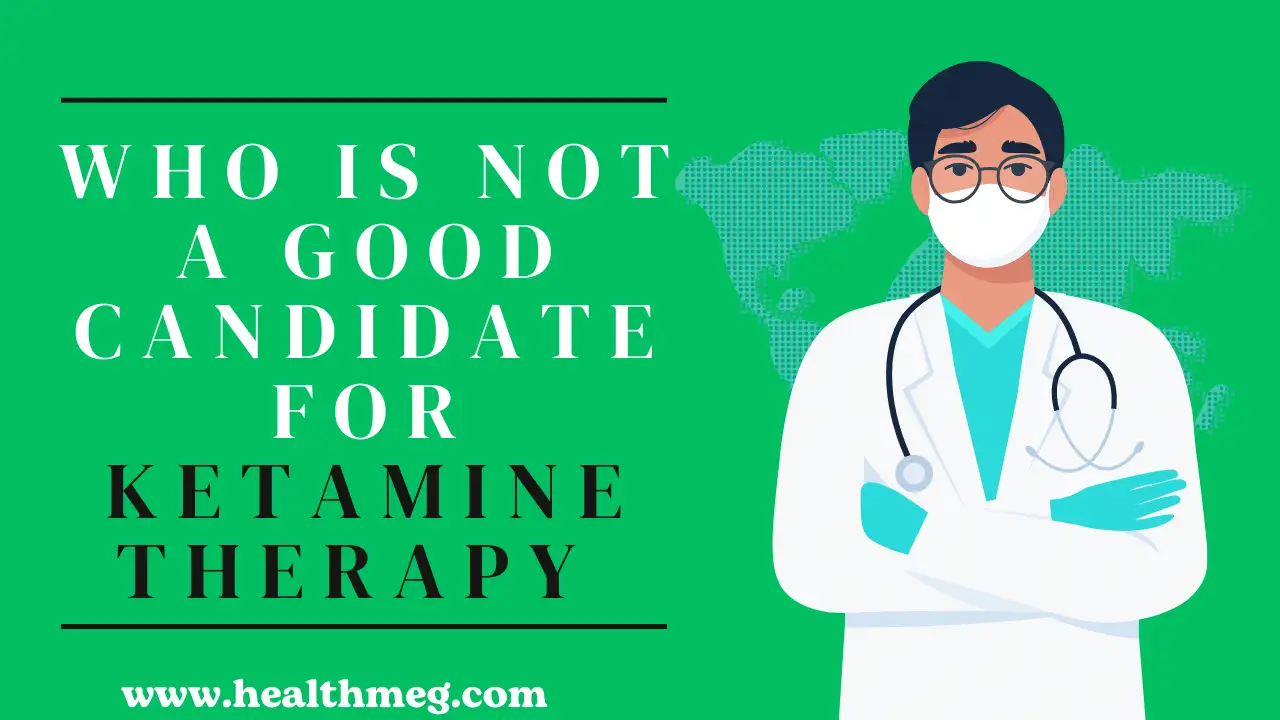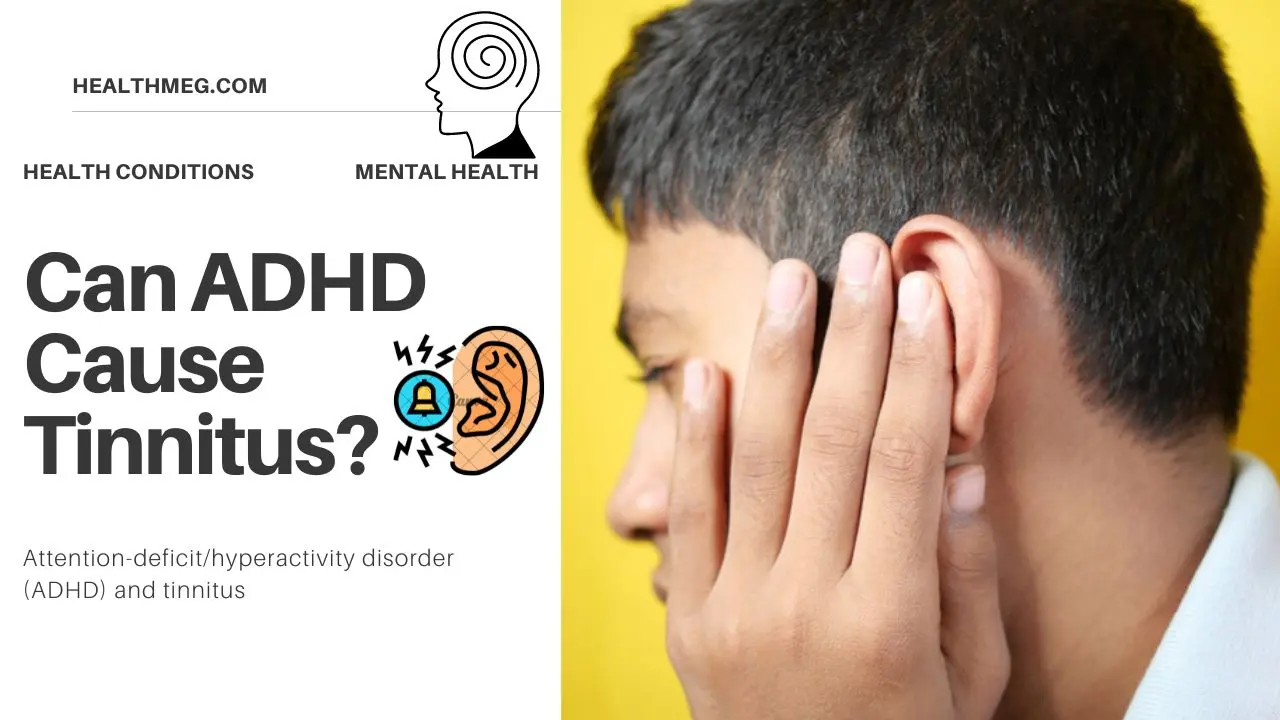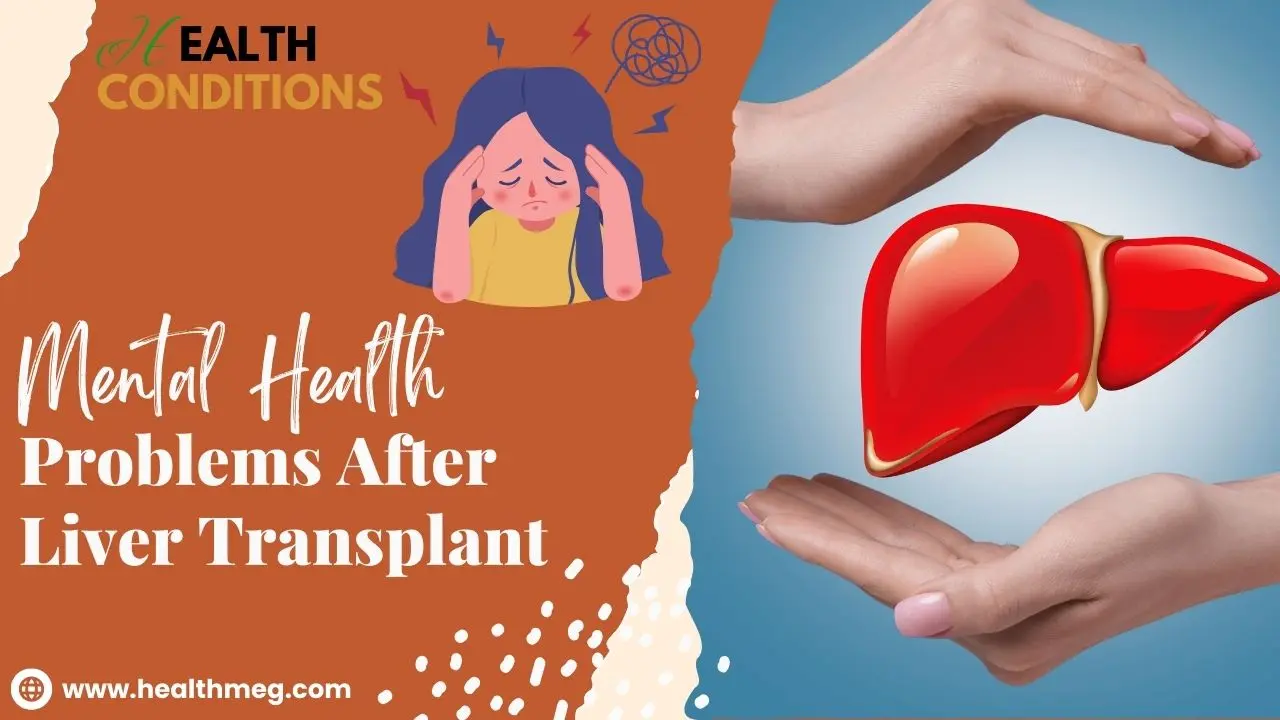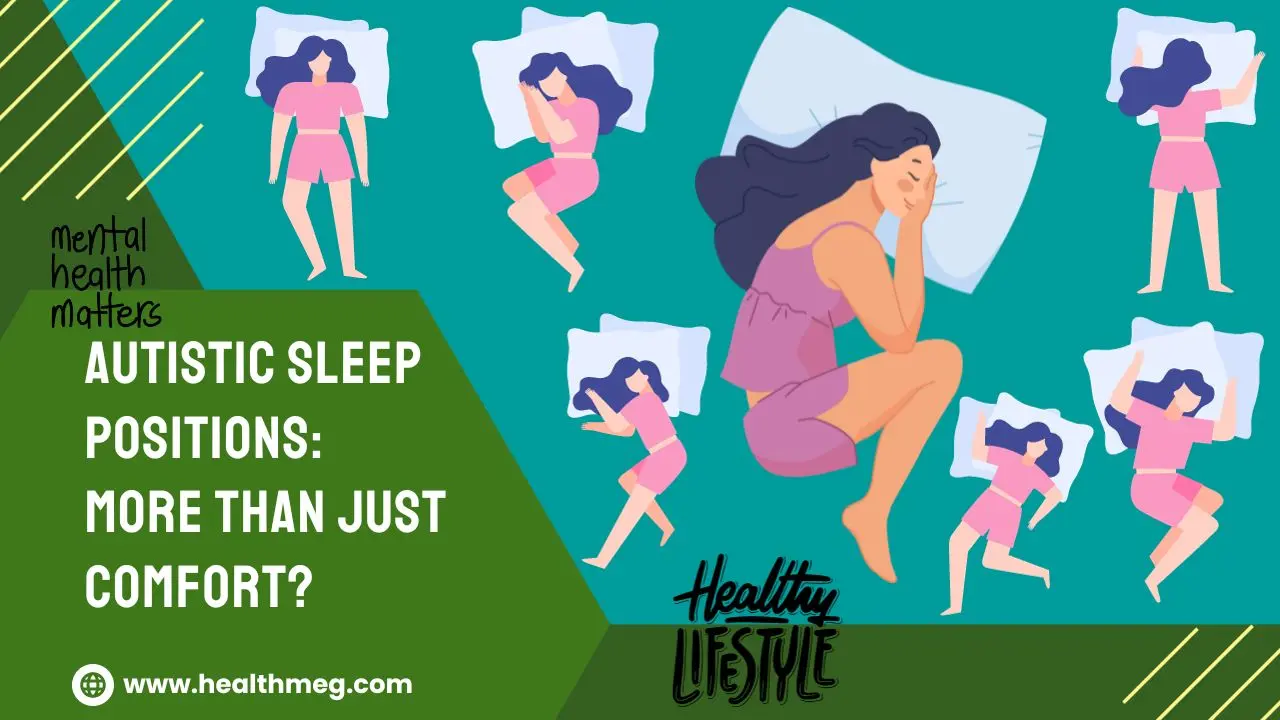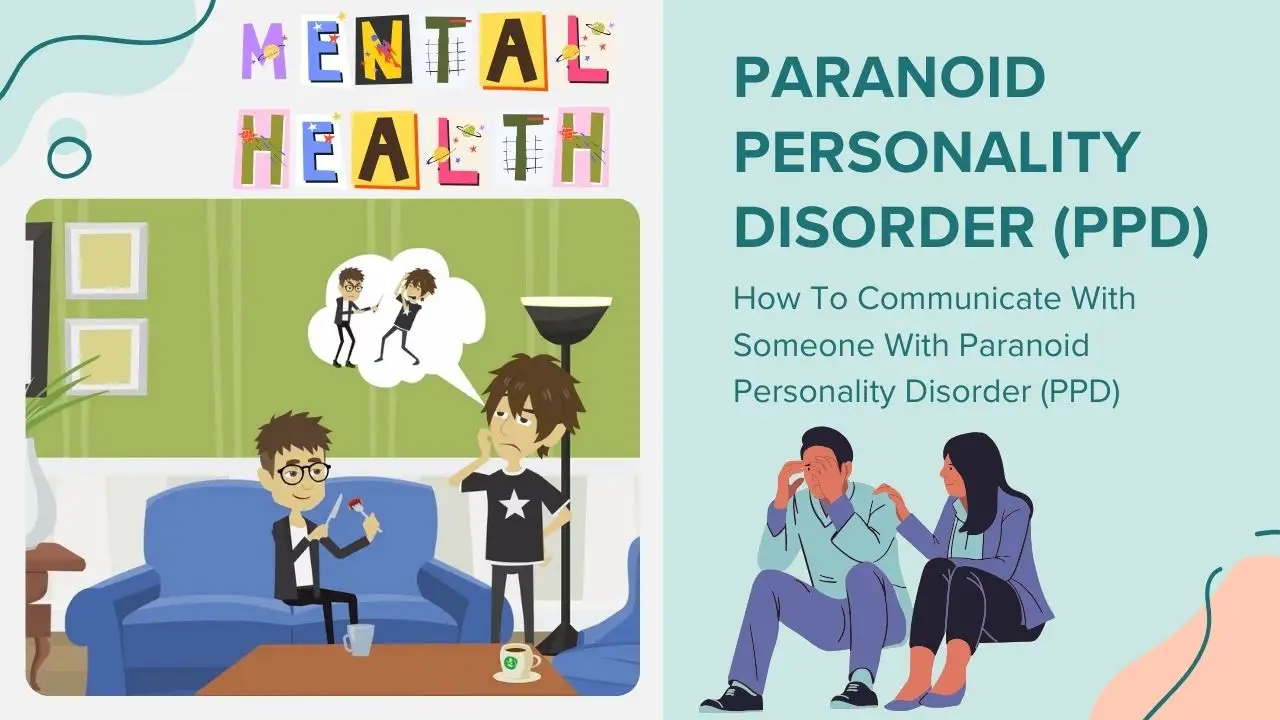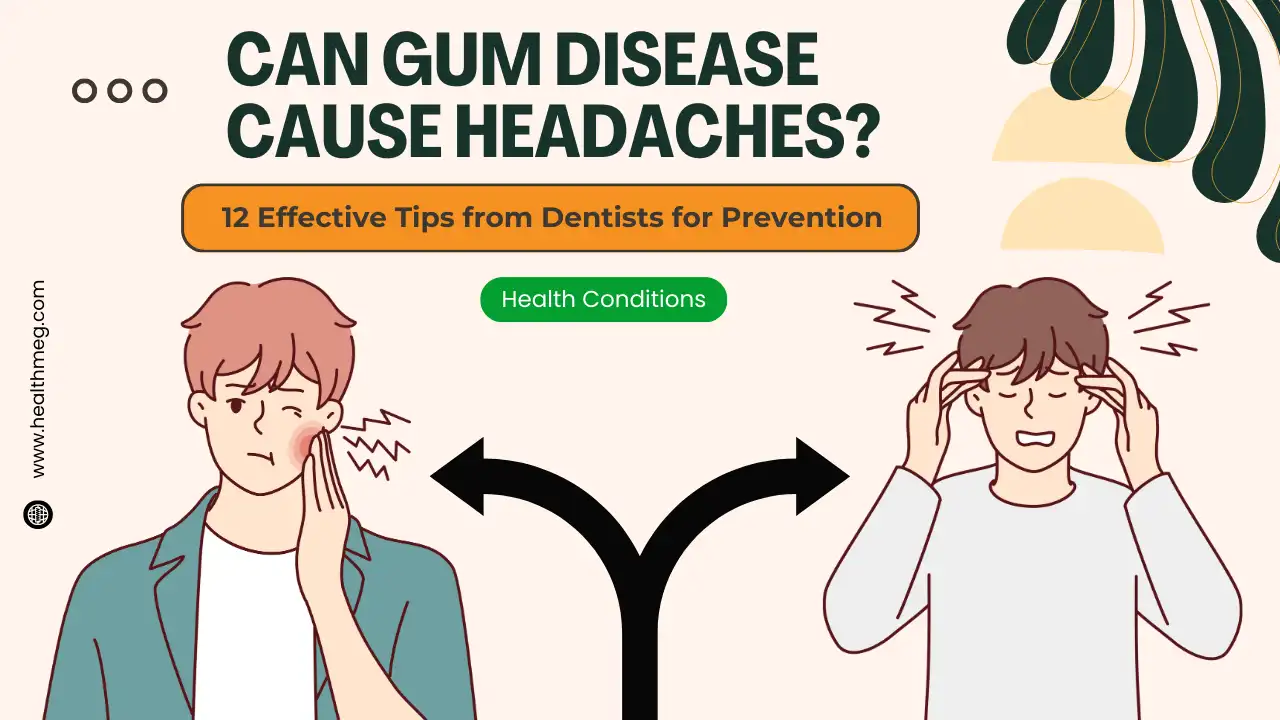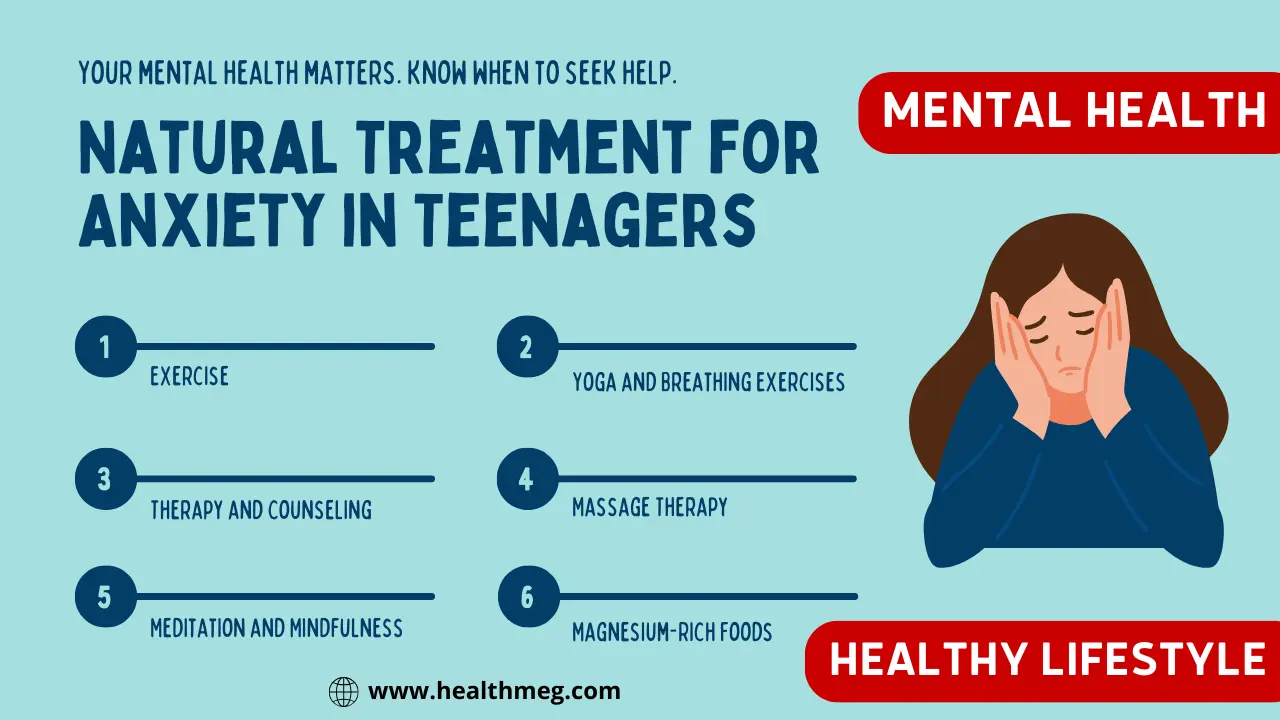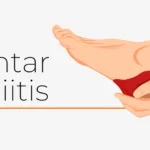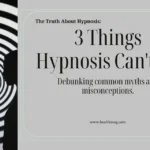Introduction
Ketamine therapy has emerged as an exciting new treatment option for several psychiatric and pain conditions. However, it is not suitable for everyone. This article explores Who is not a good candidate for Ketamine Therapy. Ketamine is an FDA-approved anesthetic medication that has shown remarkable effectiveness for treatment-resistant depression, anxiety, PTSD, OCD, and chronic pain in clinical studies. It works differently than traditional antidepressants by blocking NMDA receptors and increasing glutamate transmission in the brain. This process boosts communication between neurons and promotes neuroplasticity.
While ketamine therapy shows great promise, it does have risks and side effects that must be evaluated to determine appropriate candidates. Let’s take a closer look.
Key Takeaway
- People with uncontrolled cardiovascular disease, psychotic disorders, substance abuse issues, allergies to ketamine, pregnancy, glaucoma, unstable medical illness, and age extremes may not be suitable for ketamine therapy currently given potential risks like exacerbated psychosis, addiction, and increased blood pressure.
- Ketamine therapy shows promise for treating depression, anxiety, PTSD, OCD, and chronic pain, but it does have risks like increased blood pressure, psychotic symptoms, and potential for abuse.
- People with uncontrolled cardiovascular disease like uncontrolled high blood pressure or heart failure should avoid ketamine due to its effects on heart rate and blood pressure.
- Those with a history of psychosis or substance abuse may not be good candidates given the risks of exacerbating hallucinations or triggering addiction tendencies.
- Other contraindications include pregnancy, unstable medical illnesses, glaucoma, allergies to ketamine, and age extremes (adolescents and elderly).
- Ketamine is not a cure-all and requires careful screening, dosing adjustments, and monitoring. It should be part of a comprehensive treatment plan with medical and mental health support.
The Science Behind Ketamine Therapy
Ketamine increases levels of glutamate in the brain. Glutamate is an excitatory neurotransmitter responsible for communication between nerve cells. This plays a key role in neural plasticity – the ability of synapses and circuits to adapt and change.
Many psychiatric disorders like depression involve impaired neural plasticity and alterations in glutamate signaling. Ketamine is thought to rapidily restore plasticity and synaptic connectivity through its effects on the glutamate system.
Specifically, ketamine blocks NMDA receptors and activates AMPA receptors. This leads to a surge of glutamate release and downstream effects that increase neuron communication, density, and activity. Through these unique mechanisms, ketamine can swiftly improve mood, cognition, and pain sensitivity.
Effectiveness of Ketamine Therapy
Robust evidence from clinical trials demonstrates ketamine’s effectiveness for an array of treatment-resistant psychiatric and pain conditions:
Depression
- In a recent systematic review, revealed that ketamine produced a rapid and significant antidepressant effect, with notable improvement in depression symptoms observed right after the first dose and persisting for a month. Additionally, ketamine was successful in reducing anxiety symptoms and the overall severity of the illness.
Social Anxiety Disorders
- This study suggests that ketamine may be a promising treatment option for social anxiety disorder, especially for patients who haven’t responded to traditional therapies. However, Ketamine is currently not approved by the FDA for the treatment of social anxiety disorder. Further research and regulatory approval are needed before it becomes widely available for this purpose.
PTSD
- In this research, Ketamine Therapy has shown promising results in the treatment of various mental health conditions, including PTSD and treatment-resistant depression. However, it’s not suitable for everyone. Certain groups, such as those with cardiovascular disease, high blood pressure, or a history of psychosis, should avoid this therapy
OCD
- This study finds A patient with severe OCD participated in the first clinical trial to test ketamine as a treatment for OCD. After a single infusion of the drug, the patient experienced relief from the compulsions and obsessions that had controlled his life for two weeks.
Chronic Pain
- Ketamine has shown promise in reducing chronic pain, particularly in cases where current treatments are ineffective. Studies have shown significant pain relief in patients with neuropathic pain, complex regional pain syndrome, and fibromyalgia.
Clearly, evidence indicates ketamine has significant therapeutic potential for a range of psychiatric and chronic pain conditions. However, questions remain regarding long-term efficacy, safety, optimal protocols, and appropriate patient selection criteria. Next, we’ll look closer at the risks
Who is NOT A Good Candidate for Ketamine Therapy?
Given the potential risks outlined above, certain patients may not be appropriate for ketamine therapy currently. Contraindications can be categorized by medical history, psychiatric factors, demographics, and substance use history.
Cardiovascular Disease
Ketamine should be avoided in unstable cardiovascular disease like:
- Uncontrolled hypertension – blood pressure above 180/120 mmHg
- Arrhythmias – abnormal heart rhythms like atrial fibrillation
- Angina – chest pain from inadequate blood flow to the heart
- Heart failure – reduced pumping function
- Recent heart attack or stroke – increased strain could worsen
- Aneurysm – raised blood pressure risks rupture
Neurological/Psychiatric Conditions
Caution is warranted in:
- Epilepsy – ketamine may lower seizure threshold
- Psychosis – risks exacerbating delusions, hallucinations
- Uncontrolled bipolar disorder – may induce mania
- Severe anxiety – ketamine may heighten anxiety temporarily
Other Medical Conditions
- Uncontrolled glaucoma – increased eye pressure is a side effect
- Pregnancy/breastfeeding – potential fetal/neonatal risks
- Allergies to ketamine – prior reactions indicate hypersensitivity
Substance Abuse History
- Alcohol abuse – ketamine may increase relapse risk
- Opioid abuse – potential to exacerbate addiction tendencies
- CNS depressants – heightened risks of respiratory depression
Age Considerations
- Elderly patients – increased sensitivity due to pharmacokinetic changes with aging
- Adolescents – effects on developing brain not well characterized
Medication Interactions
- Sympathomimetics – can dangerously elevate blood pressure when combined
- Benzodiazepines – may cause excessive sedation and slowed respiration
Psychological Factors
- Severe anxiety or trauma – ketamine potentially worrisome in uncontrolled anxiety or previous trauma.
- Suicidal thoughts – while ketamine reduces suicidality for many, providers screen for suicide risk.
Clearly, a subset of patients may not be suitable for ketamine therapy at this time given the potential risks. However, contraindications do not necessarily prohibit treatment categorically in all cases.
Potential Risks and Side Effects
Side effects of ketamine depend on several factors.
Short-Term Side Effects:
These typically occur during or shortly after treatment and usually resolve within a few hours. They can include:
- Dissociation: Feeling disconnected from your body and surroundings, experiencing “out-of-body” sensations.
- Psychedelic effects: Visual and auditory hallucinations, vivid dreams, altered perceptions.
- Physical symptoms: Nausea, dizziness, headache, increased blood pressure, muscle stiffness.
- Emotional changes: Anxiety, agitation, depression, mania (rare).
Long-Term Side Effects:
While less common, some long-term side effects have been reported with frequent or high-dose ketamine use. Research on these is ongoing, but potential concerns include:
- Bladder problems: Increased urinary frequency, urgency, and pain. Studies suggest a link between long-term ketamine use and cystitis.
- Cognitive effects: Memory problems, difficulty concentrating, impaired executive function. Research is still inconclusive, but some studies suggest potential long-term cognitive impacts with high-dose or frequent use.
- Addiction and dependence: Although less likely than with other drugs, ketamine can have addictive potential, especially in individuals with a history of substance abuse.
Other Side Effects
- Additional common side effects during ketamine infusions can include:
- Nausea/vomiting
- Dizziness
- Blurred vision
- Headache
- Poor coordination and balance
- The impacts of long-term exposure to repeated ketamine infusions are not fully characterized yet in research studies.
Clearly there are a number of risks factors that must be evaluated when considering a patient’s candidacy for ketamine therapy.
Personal Experiences and Reviews
- Positive Experience: One user on Drugs.com reported that Ketamine therapy saved their life. They had been put on every medication for depression since they were 11 and nothing worked. About a month into ketamine treatments, they started noticing slight differences. They did 12 sessions and two maintenance treatments and now they’re able to live a life where they don’t want to die every day.
- Negative Experience: Another user on Drugs.com reported a negative experience. Their daughter took Ketamine for depression and had hallucinations of killing herself after her first infusion. She had her second infusion three days later, with the same results. Unfortunately, she took her own life.
- Mixed Experience: A user on Everyday Health shared their experience with Ketamine Therapy for depression. They mentioned that Ketamine-assisted therapy didn’t save them from depression, but it introduced them to a whole new world of possibilities. They unlocked deeper realizations that continue to help them heal.
- Positive Experience: Another user on Drugs.com reported a positive experience with Ketamine Therapy for depression. They mentioned that after TEN YEARS of anxiety, panic attacks, and depression, they painted their nails, dyed their hair, started some art projects, cooked meals, and did their dishes. They felt that Ketamine Therapy gave them back their personality.
Long-term Effects and Cost
Long-term Impact:
- While research suggests short-term safety, limited data exists on the long-term impact of repeated ketamine exposure. Further studies are crucial to evaluate potential risks and benefits, particularly regarding:
- Cognitive function: Long-term effects on memory, attention, and executive function need closer examination.
- Psychiatric symptoms: Potential for triggering or worsening psychiatric conditions like anxiety, depression, or psychosis requires investigation.
- Urologic effects: Bladder damage and urinary tract issues linked to chronic ketamine use warrant further research.
- Cardiometabolic health: Potential impact on heart rate, blood pressure, and other cardiovascular parameters needs to be assessed.
Cost:
- Lack of insurance coverage for ketamine treatment poses a significant accessibility barrier. High out-of-pocket costs (400-800 dollars per IV infusion) make it unaffordable for many patients.
- Advocacy efforts aimed at:
- Raising awareness about the potential benefits of ketamine treatment for mental health conditions.
- Pushing for FDA approval of ketamine for specific psychiatric disorders, which could facilitate insurance coverage.
- Exploring alternative ketamine delivery methods (e.g., nasal spray) potentially offering lower costs and increased accessibility.
Seeking Alternatives and Support
For those who are hesitant about or unable to access ketamine therapy, effective alternatives do exist, especially with a comprehensive treatment plan:
- Continue optimizing medications with psychiatric guidance. Adding psychotherapy can boost outcomes.
- Explore transcranial magnetic stimulation, electroconvulsive therapy, and other neuromodulation options.
- Consider lifestyle approaches – exercise, nutrition, sleep hygiene, stress reduction techniques.
- Participate in support groups and mental health resources. Peer communities help reduce isolation.
Professional medical and mental health support should complement any clinical treatment plan. Ketamine therapy alone is unlikely to be a “cure-all” for psychiatric disease or chronic pain.
Conclusion
In summary, while ketamine therapy holds immense promise for treating depression, anxiety, PTSD, OCD, and chronic pain, it does carry risks and is not appropriate for every patient currently. Providers must be cognizant of contraindications like uncontrolled cardiovascular disease, substance abuse history, glaucoma, psychosis risk, age extremes and allergy/intolerance. However, with careful screening, dosing adjustments, and monitoring, many relative contraindications may be safely managed. There is no definitive list of excluded conditions. The benefits versus risks must be evaluated on an individual basis through shared decision making between patients and their healthcare teams. As the research continues to evolve, eligibility criteria and protocols will be further refined to maximize ketamine’s therapeutic potential safely.
References
https://www.ncbi.nlm.nih.gov/pmc/articles/PMC5729569/
https://journals.sagepub.com/doi/10.1177/20451253231154125
https://stanmed.stanford.edu/carolyn-rodriguez-ketamine-ocd/
https://www.ncbi.nlm.nih.gov/pmc/articles/PMC8567802/
https://www.ncbi.nlm.nih.gov/books/NBK470357/
https://www.drugs.com/comments/ketamine/
https://www.everydayhealth.com/columns/my-health-story/i-tried-ketamine-therapy-for-my-depression-heres-what-i-learned/
People Also Ask (FAQs)
Q) What disqualifies you from ketamine therapy?
A) There are several conditions and factors that may disqualify someone from ketamine therapy:
- Uncontrolled cardiovascular disease like heart failure or uncontrolled high blood pressure. Ketamine raises blood pressure and heart rate which can be dangerous in these patients.
- History of psychotic disorders like schizophrenia or uncontrolled bipolar mania. Ketamine can exacerbate psychotic symptoms.
- Substance abuse disorders. There are risks of abuse and addiction in those with prior alcohol or drug abuse issues.
- Allergies or prior adverse reactions to ketamine or its components.
- Pregnancy or breastfeeding. The effects of ketamine on fetuses and infants are currently unknown.
- Significant cognitive impairment that would prevent following protocols.
- Unstable medical illnesses like sepsis, delirium, respiratory failure.
- Absolute glaucoma contraindication. Ketamine increases eye pressure.
Q) Who is a good candidate for ketamine therapy?
A) Good candidates for ketamine include:
- Patients with severe, treatment-resistant depression, anxiety, PTSD or OCD who have failed multiple other medications and therapies.
- Those with chronic pain conditions like fibromyalgia or neuropathic pain unresponsive to other treatments.
- Medically stable patients without uncontrolled cardiovascular disease, uncontrolled glaucoma, psychosis, or substance abuse history.
- Patients with the psychological resilience to handle potential dissociative side effects.
- Those willing and able to participate in recommended adjunctive psychotherapy and ongoing care.
- Patients with reasonable expectations about potential benefits and limitations.
- No known allergies or contraindications to ketamine.
The best candidates have exhausted other options and understand ketamine’s risks and role as part of a comprehensive care plan for their condition. Shared decision-making between provider and patient is key.
Q) Does ketamine therapy get you high?
A) No, ketamine therapy administered in a medical setting does not get you high in the way ketamine may be recreational. Medicinal doses and infusion methods create sub-anesthetic effects without significant perceptual distortions. Some short-term dissociative symptoms may be experienced initially while benefits take effect.
Q) What are the side effects of ketamine therapy?
A) Common side effects that resolve shortly after treatment include dizziness, nausea, tunnel vision and dissociation. Less common side effects can include headaches, anxiety or blood pressure changes during infusion. Long-term impacts with ongoing use require further study but urinary and abdominal issues may rarely occur.
Q) Is ketamine an effective treatment option for anxiety?
A) Yes, research indicates ketamine therapy can rapidly reduce anxiety, especially treatment-resistant generalized anxiety and social anxiety disorders. Effects may be short-acting initially, requiring ongoing treatments, but remission can occur in some anxiety patients.
Q) Is ketamine an effective depression treatment overall?
A) Very much so. Numerous studies find single ketamine doses can quickly improve severe depression when other treatments have failed. Effects may only last weeks without maintenance, but high remission rates demonstrate its usefulness for depressed mood.
Q) What do patient reviews say about ketamine therapy?
A) Reviews of ketamine treatment for mental health issues like depression are overwhelmingly positive. Many report the infusion provides rapid relief from emotional distress and suicidality when struggling to function. Negative reviews focus on the cost and the transient nature of benefits.
Q) How many ketamine treatments are required for depression?
A) Most research has studied single doses, but depression relapse is common without ongoing treatments. Maintenance therapy protocols generally recommend six infusions over 2 to 3 weeks then regular boosters, but individual needs differ and there are no set standards yet.
Q) What is the honest truth about ketamine therapy?
A) The truth is ketamine can transform outcomes for those struggling with severe, treatment-resistant depression and anxiety by rapidly alleviating symptoms. However effects lack permanency initially, requiring inconvenient repeat intravenous treatments currently not covered by insurance, limiting accessibility.
